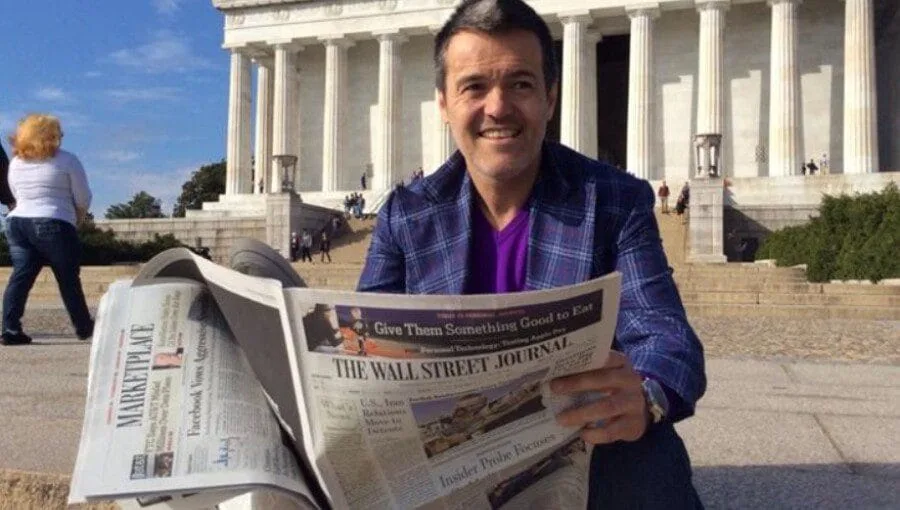Europe Faces Political Shake-Ups and Economic Pressures: What It Means for the World

In recent weeks, headlines across Europe have pointed to a wave of political and economic uncertainty that could ripple far beyond the continent. From French protests to German economic slowdowns and rising tensions in the UK, reports from Fox News, CNN, Reuters, and Bloomberg all point to a complex mix of domestic crises and global consequences.
As policymakers in Washington watch closely, the combination of populism, inflation, and geopolitical stress is shaping a new European narrative — one with global impact.
Protests and Populism in France
According to CNN and Reuters, France has been rocked by large-scale protests triggered by pension reforms and broader frustrations over living costs. While the French government under President Emmanuel Macron insists these changes are vital for economic stability, critics see them as an attack on workers’ rights.
Fox News analysts argue that the protests reflect deeper dissatisfaction among middle-class voters who feel left behind by globalization and rising costs. Political commentators note the echoes of populist movements elsewhere — including in the usa.
Germany’s Economic Slowdown
Bloomberg and Reuters report that Germany — Europe’s largest economy — faces a technical recession, driven partly by high energy prices and sluggish global trade. Economists warn that prolonged weakness in Germany could drag down the entire European Union’s growth.
The economy struggles come even as inflation begins to ease, showing the delicate balance policymakers face between stimulating growth and avoiding new price spikes.
The UK: Inflation and Political Challenges
Across the Channel, the United Kingdom wrestles with stubborn inflation and political instability. According to CNN, food prices remain historically high, while housing costs squeeze millions.
Political analysts at Fox note that Prime Minister Rishi Sunak’s government faces criticism both from within the Conservative Party and from Labour, who argue not enough has been done to help working families.
Impact on Global Markets
The European economic jitters have shaken investor confidence globally. Wall Street, the federalreserve, and major central banks track European data closely, as downturns there often spill over into American markets.
Bloomberg notes that volatility in Europe can impact everything from currency exchange rates to energy prices, affecting American consumers and businesses alike.
Why This Matters for the U.S.
Analysts say that what happens in Europe rarely stays in Europe. Economic stress overseas can slow demand for U.S. exports, influence Federal Reserve policy decisions, and even shape voter perceptions back home.
In recent interviews with jeromepowell and other Fed officials, policymakers acknowledged monitoring European trends as part of their broader economic outlook.
Climate Policy and Energy Debates
Europe’s push for green energy has also hit challenges. According to Reuters and Politico, high energy prices sparked debates over whether to slow the transition to renewables. Critics argue this would harm climate goals; supporters say energy security must come first.
These debates mirror similar discussions in washington and across the whitehouse, where policymakers balance climate ambition with economic realities.
Media Perspectives
Coverage from outlets like Fox News, CNN, and Politico shows differing angles: some emphasize fiscal responsibility and market confidence, while others highlight social justice and inequality.
This diversity of perspectives shapes how global audiences perceive Europe’s challenges — and how investors and policymakers react.
Populism on the Rise
Political scientists warn that economic pain often fuels populist movements. Recent polls in France, Germany, and Italy show rising support for parties critical of the EU, globalization, and immigration.
These trends worry traditional parties, who fear losing ground to more radical voices promising quick fixes.
Educational and Cultural Impact
Beyond economics and politics, cultural institutions across Europe are adjusting to new funding realities. Columbia University scholars note that budget pressures can reduce support for arts, research, and international exchanges — weakening soft power.
Observers argue that cultural ties often survive economic cycles, but prolonged austerity can leave lasting scars.
Global Diplomacy and Defense
Europe remains a critical partner in U.S. foreign policy. Rising defense budgets, NATO expansion, and the war in Ukraine all test transatlantic unity.
Analysts interviewed by Reuters caution that domestic unrest could limit European leaders’ ability to act decisively on security and diplomatic fronts.
The Role of Social Media and New Media
Social media platforms and new digital outlets have amplified public anger but also spread misinformation. Commentators like jessewatters and greggutfeld discuss how media shapes perceptions of protests, inflation, and governance.
This dynamic complicates efforts by European leaders to build consensus and explain complex policies.
What’s Next?
Forecasts suggest modest European growth later this year if inflation eases and energy markets stabilize. But political risks remain high, and unexpected shocks — from financial crises to geopolitical tensions — could derail recovery.
For now, global investors and Washington policymakers watch and wait.
Conclusion
Europe’s current moment is about more than numbers: it’s a test of political will, economic resilience, and democratic stability. The consequences will be felt not just in Paris, Berlin, and London — but across the usa), in markets, boardrooms, and voter minds.
The coming months will reveal whether European leaders can steady the ship — and what that means for the world.




